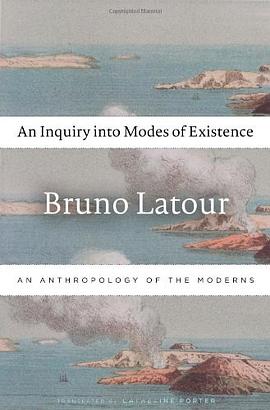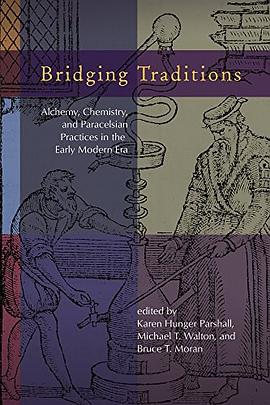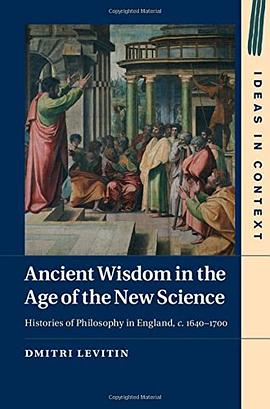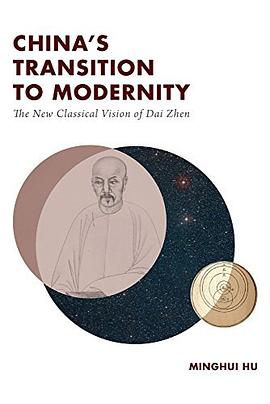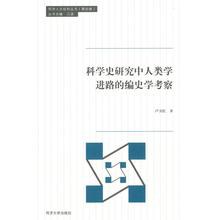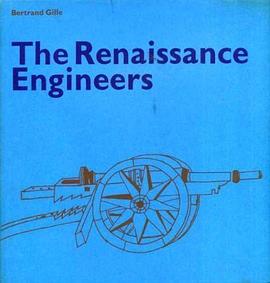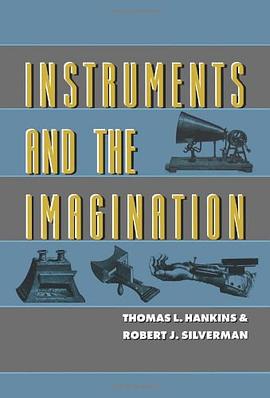

具体描述
Penury into Plenty: Dearth and the Making of Knowledge in Early Modern England is an original examination of cultural meanings of dearth and famine in England at the turn of the sixteenth century. It focuses on the socio-economic and ecological crises of the 1590s, investigating the effects of widespread fears of famine on mundane activities and knowledge making by analyzing the remedial measures undertaken by the early modern English to illustrate their commitment to resource management. The activities, theories, and publications of the prolific ‘dearth scientist’ Sir Hugh Platt are considered alongside other forms of literature such as sermons, plays, poetry and prose fiction to explain not only what dearth or famine meant in the period, but how contemporaries understood sustainable resource management.
By drawing upon environmental, economic, scientific, and literary history and theory, Penury into Plenty allows modern readers to see that sustainability is not a wholly modern concept and the investigation of cultural forms of ecological consciousness and social consequences of past environmental change is vital for understanding contemporary concerns.
作者简介
Ayesha Mukherjee is Lecturer in English at the University of Exeter. Her research is focused on early modern English literature and cultural history.
目录信息
读后感
评分
评分
评分
评分
用户评价
相关图书
本站所有内容均为互联网搜索引擎提供的公开搜索信息,本站不存储任何数据与内容,任何内容与数据均与本站无关,如有需要请联系相关搜索引擎包括但不限于百度,google,bing,sogou 等
© 2025 book.wenda123.org All Rights Reserved. 图书目录大全 版权所有






